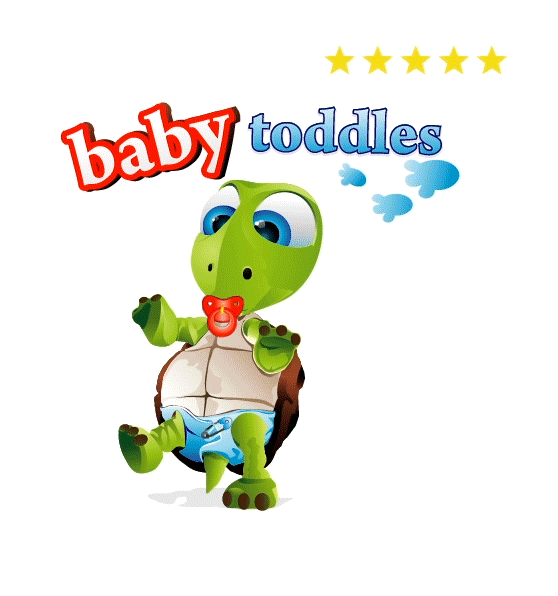Blog
Baby Feeding- The Best Milk For A Newborn
A new parent or an skilled one often have questions concerning feeding their newborn. A typical newborn baby has effective rooting and sucking reflexes and can start feeding immediately. The feeding could be accomplished right away following birth or a minimum of four hours following birth. Picking the best way to feed your baby throughout his 1st few days of life is really important. It can be breast or bottle feeding, but you ought to make a option that is knowledgeable and not stressed.
Breast Or Bottle Feeding
There is no doubt that breastmilk will be the very best food for your baby. The World Health Organization recommends that breastfeeding diet your baby exclusively is perfect for the first four to six months of life. Nonetheless, there are mothers who select bottle feeding because of personal or medical factors. The most perfect baby feeding schedule mixture is to breastfeed for the first six months, then breastfeed along with solid foods until the first year. Continue this for as long as mother and baby want. Formula feeding also delivers benefits for newborn babies. Its preparation is primarily obtainable to offer babies a solid mixture of proteins, sugars, fats and vitamins. As a result, it provides nutrition your baby needs to grow into a wholesome child.
Additionally, never give your baby water, juice or other fluids. These kinds of liquids are unnecessary and can disturb your baby’s appetite for breast or formula milk, which may well lead to malnutrition. Most newborns feed eight to twelve times each day with two to 3 hours interval. For babies two to 3 months of age, they may be contented with six to eight feedings per day. But if utilizing formula feeding, you might need to do the baby feeding guide a little less due to the fact formula milk digests far more slowly than breast milk.
Additional Suggestions During Feeding
Newborns are not really hungry the very first two to three days, so feed him in a modest yet frequent feeding manner. You’ll be able to also talk to your baby using a soft tone of your voice throughout the feeding and often identify the signals from your baby that shows he’s prepared to feed like lip smacking, eye fluttering and tongue movements. Crying can be a late sign of your baby’s hunger.
Vitamin D Supplementation
Consult your health care provider about vitamin D supplements for your baby. Breast and formula milk is good for your baby but they may not present sufficient vitamin D, which is required to help your baby’s bones absorb calcium and phosphorus; these minerals are necessary for strong and solid bones. Vitamin D deficiency can cause a illness called rickets, a softening and weakening of the bones.
Weaning
Weaning is determined by the needs and desires of both mother and baby. Ideally, breast or bottle feeding ought to continue right after 1 year as long as mother and baby wish. Gradual weaning is less complicated for both baby and mother than stopping suddenly. The weaning could be done by initially replacing one to three advantages of breastfeeding sessions each day with a bottle of formula milk or a bottle of fruit juice if bottle feeding (fruit juices should not be given to babies younger than 6 months old).

